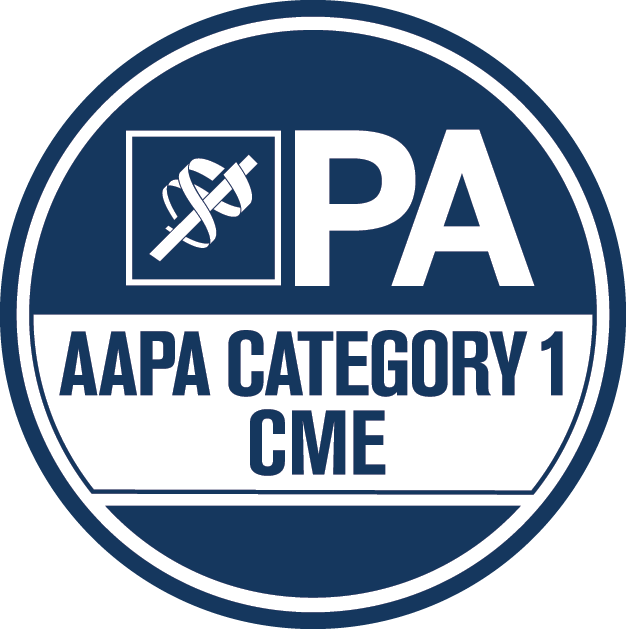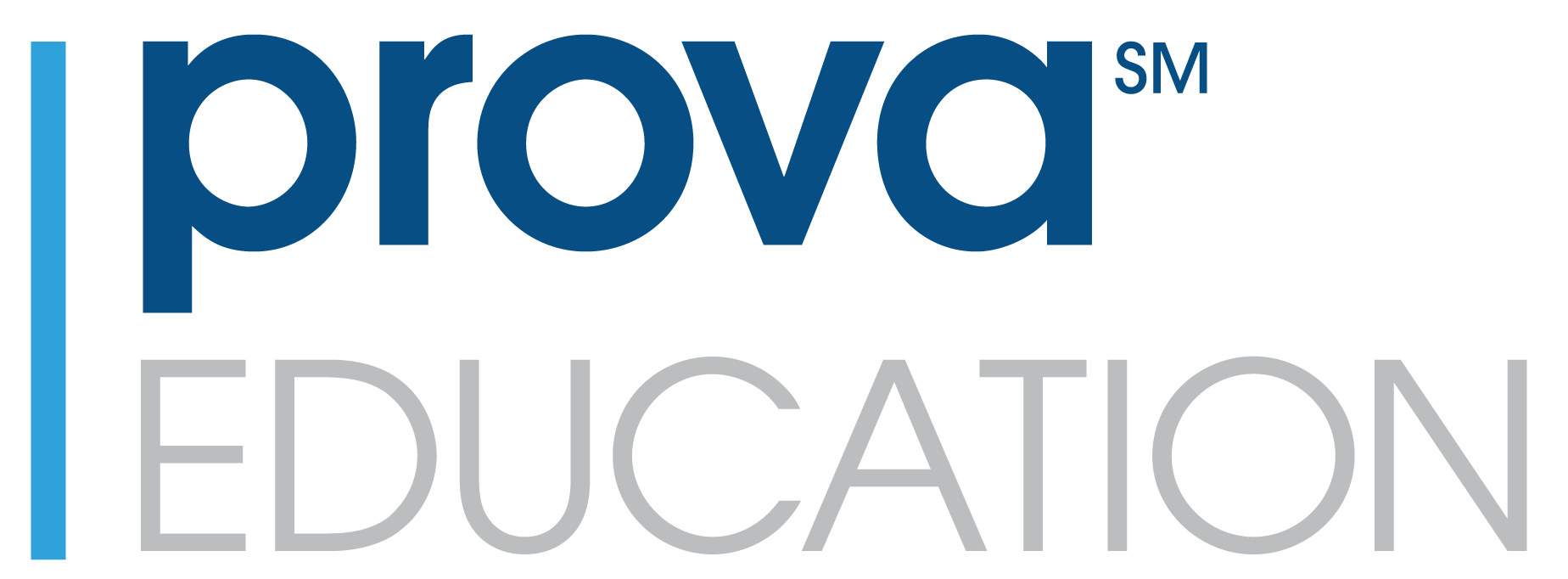Announcer:
Welcome to CME on ReachMD. This episode is part of our MinuteCME curriculum.
Prior to beginning the activity, please be sure to review the faculty and commercial support disclosure statements as well as the learning objectives.
Dr. Salsitz:
Today I'm going to meet with a patient who screened positive for unhealthy alcohol use. I will use some of the tools of motivational interviewing to motivate the patient to seek treatment and to change his alcohol use.
[Motivational Interview]
Dr. Salsitz:
Hello, Richard. Nice to see you today. On your last visit, we briefly talked about your alcohol use. Are you okay with continuing our discussion?
Patient:
Yes. And I followed your advice and I've cut down a bit on my number of drinks per day.
Dr. Salsitz:
Congratulations. It's not easy to cut down on drinking. What was your main reason for cutting back?
Patient:
I was very concerned about my elevated liver tests.
Dr. Salsitz:
Liver abnormalities are reversible by decreasing alcohol use or being abstinent. What’s your goal in terms of alcohol use?
Patient:
I have mixed feelings about giving up alcohol completely.
Dr. Salsitz:
Well, mixed feelings or ambivalence is normal. Having more information may help. Would you like to talk about treatment options?
Patient:
Okay, but I think if I have enough willpower, I can lick this problem. But I guess I have to hit rock bottom first.
Dr. Salsitz:
Richard, the need to hit rock bottom is a myth. Alcohol use disorder is similar to other chronic diseases like hypertension and diabetes, which also require effective treatment. How does the thought of treatment make you feel?
Patient:
I feel ashamed. And I've been trying hard to hide this problem. But I do know that inpatient rehab and AA meetings are not for me.
Dr. Salsitz:
You shouldn't be ashamed; this is not your fault. Even genetics can play a part, and it takes courage to acknowledge you have a problem and seek help. Treatment options have changed. You may be treated confidentially by your family physician and/or by me. Would you like to talk about some of the treatment options?
Patient:
Yes, but I'm not sure I'm ready to dive in.
Dr. Salsitz:
Understood. For your moderate alcohol use disorder, we recommend 1 of the 3 FDA-approved medications to help you with cravings and decreasing heavy drinking episodes. In addition, we recommend some form of behavioral therapy with a therapist.
Patient:
Hmm, I think I could do that. I'm more hopeful now and feel less overwhelmed.
Dr. Salsitz:
Excellent. Let's make an appointment for next week, set up a treatment plan then. In the meantime, continue the good work in reducing your daily alcohol use.
Patient:
Sounds good.
[End of Motivational Interview]
Dr. Salsitz:
The patient was concerned about a few common stigma issues and also concerned about his health. He was able to express why he would like treatment and appears motivated to begin. He maintained his autonomy and self-efficacy.
Announcer:
You have been listening to CME on ReachMD. This activity is provided by Prova Education and is part of our MinuteCME curriculum.
To receive your free CME credit, or to download this activity, go to ReachMD.com/Prova. Thank you for listening.






